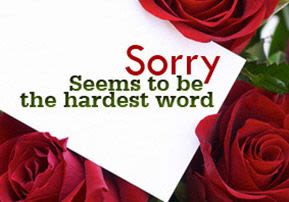
Vayigash: Sorry Seems to Be…
Little is more absolute than human infallibility. God created the world in a way that all of life hinges on man’s free will...

Little is more absolute than human infallibility. God created the world in a way that all of life hinges on man’s free will. Without free will, our lives would be unrecognizable. And for those of us who don’t enjoy unintelligible high-brow philosophy over coffee at the local Starbucks, the above simply means that we all make mistakes! And because making mistakes is part of life, learning to say we are sorry is also part of life.
Most of us don’t start out with an apology. We usually try to justify our mistakes. After all, no one is perfect, and if there was some small element of error, we naturally assume it was probably someone else’s fault.
Many of us think that the longer and more effectively we push off blame, the better. Dealing with our mistakes by blaming others, however, is not only ineffective, it actually hinders growth.
The concepts of sin and repentance have about as much of a Jewish ring to them as submissive mothers-in-law and Easter eggs. I am not suggesting, God forbid, that we are not responsible for our actions. In Jewish thought, however, these concepts have a much different meaning. Rather than fire and brimstone, the Torah treats man’s accountability for his actions as the greatest example of God’s kindliness. Through being responsible for our actions we can have control over our relationship with God.
The Greatest Pleasure
In The Path of the Just, the Ramchal explains that, “…man was created for the sole purpose of rejoicing in God and deriving pleasure from the splendor of His presence. This is the greatest pleasure possible.” If this pleasure is greater than hot chocolate on a cold winter day (which is just about the greatest pleasure possible), we should learn how to attain it.
To achieve the maximum amount of pleasure, God provided us no fewer than 613 methods to cleave to Him through our thoughts, emotions, and deeds. This life can be compared to an amusement park with 613 rides that exist for the sole purpose of providing us with pleasure. If, according to the Ramchal, the whole point of our life is to have the best time possible, what do we do when some of the rides seem scary? Or even worse, how do we address the party pooper in all of us who just wants to slurp an overpriced Coke and pout on the bench?
From the amusement park analogy, as loose as it is, we can begin to comprehend the Jewish concept of sin. Sin is a missed opportunity to connect with the Almighty! By separating ourselves from God, we are transforming ourselves into lower beings. Sure, taking a moment to rest at the amusement park does not seem like a big deal. Considering, however, that the entire world was created so that each person could derive the most pleasure out of life, transgressions (“sitting down”) contradict our life’s purpose.
God, however, recognizes our infallibility, and in His infinite mercy provides us with a way to annul our wrong doings.
Power of Teshuva
Reb Natan of Nemirov, Rebbe Nachman’s prime disciple explains, “The word “chet” (sin) consists of three letters (chet, tet, alef), but only two are pronounced. The last letter, the alef, is silent. Alef symbolizes unity and eternity. According to the Baal Shem Tov, this shows that that there is an element of good concealed within each sin. When we sincerely regret our transgression, the power of that repentance retroactively cancels the bad inherent in the sin and only the good (the alef) remains.”
Through the power of teshuva (repentance) we are allowed not only to cancel out our sins, but to turn them into good. Since we chose to disconnect with God through our transgression, our chet, teshuva gives us the opportunity to analyze and understand where we went wrong and then use that understanding as a springboard for an even greater connection with the Almighty.
Teshuva doesn’t mean simply feeling bad. It doesn’t even mean mumbling, “I’m sorry,” under our breaths like a four-year old drawing on his mother’s clean white walls. Our Sages teach that true repentance can only happen when one regrets his actions to the point where he will not repeat them when confronted with the same challenge.
Yosef and Yehuda
We learn this valuable lesson from the interaction between Yosef (Joseph) and Yehudah (Judah) in this week’s parsha. The brothers had sold Yosef into slavery years before, so they never witnessed his miraculous rise to power. To test if his brothers had repented of their sin, Yosef set up a situation in which it would appear as if Binyamin, his younger brother, had stolen from Pharaoh. Instead of sentencing them to slavery in Egypt, Yosef gave his brothers the option to return home while leaving their youngest brother in Egypt as a slave. The children of Yaakov had the opportunity to relinquish their brother into bondage to save themselves, as they had done with Yosef. Yehudah, the eldest, knew that if he returned without his youngest brother, his father would die of a broken heart. To get Binyamin back, he would have to go to battle the entire country of Egypt.
Yehudah, the ancestor of Jewish royalty, spoke on behalf of his brothers. He explained that his brother, Binyamin, would not be left in Egypt as a slave. Instead, Yehudah offered to be enslaved in exchange for Binyamin, so that he would not transgress again, as he had with Yosef. At that moment, when the brothers’ teshuva was evident, Yosef revealed himself. The dilemma posed by Yosef was nothing more than the prelude to their deliverance. Through their repentance, they achieved an unparalleled level of joy.
Repentance is a hard road and requires genuine change. It’s certainly better to make the right decisions the first time. But when we fall, as is inevitable, let’s not become discouraged. God has provided us the framework to pull ourselves out of the darkest places within ourselves and within our exile – if we are realistic about our shortcomings and sincere about our desire to change.
May we understand that just like Yosef set up the dilemma to test his brothers, every trial we face, no matter how disconcerting, exist as a means for us to do teshuva and connect with the Almighty. He is waiting for us to reach out to Him.


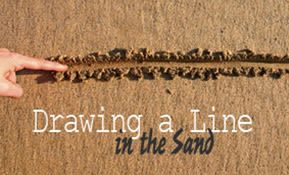



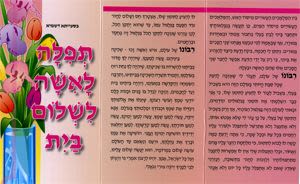
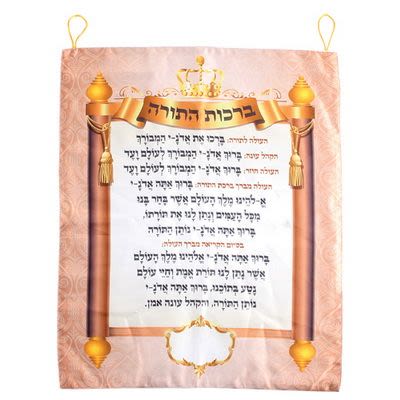
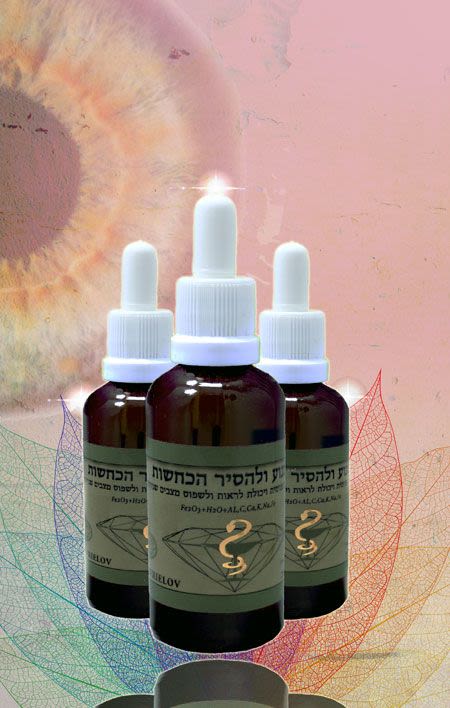
Tell us what you think!
Thank you for your comment!
It will be published after approval by the Editor.